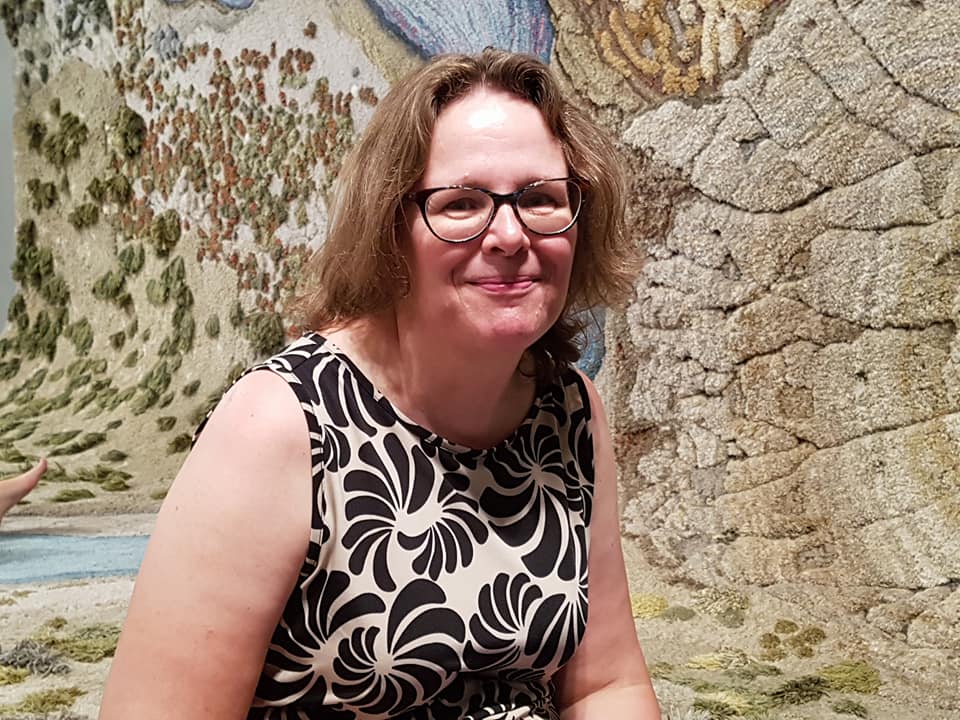Indigenising University Mathematics
Love and Pedagogy
"Love and Pedagogy" is led by Michael Donovan and Jo-ann Larkins. Michael Donovan is a Gumbaynggir man from the north coast of NSW who grew up in Sydney. He is a teacher and educational researcher based at Macquarie University. Jo-ann Larkins is a statistician, mathematics educator and science communicator based at Federation University.

On the face of it love and pedagogy seem like a strange pairing. But if we wish indigenising tertiary mathematics to be a truly transformative experience, we might find a pathway where love meets pedagogy. A loving pedagogical approach strives to inspire students to seek knowledge whilst challenging their boundaries, bringing students and teachers together in a shared, trusting quest for knowledge.
Precisely defining all the facets of Love is a difficult academic exercise. Loreman’s (2011) Pedagogy of love includes “passion, kindness, empathy, intimacy, bonding, sacrifice, forgiveness, acceptance, and community”. Many of these are also core attributes of Indigenous pedagogy.
As an Indigenous educator, developing his craft whilst teaching Aboriginal understandings, Michael finds himself in the fortunate position to critically examine western pedagogical theorists from an Aboriginal standpoint and his positioning as an Aboriginal man. He realises that nearly all of what the primary pedagogical theorists argue about good pedagogical practice is clearly understood as the best ways to engage Aboriginal students or what he calls ‘Aboriginal Pedagogical Theory’.
Perhaps a way to transform our tertiary mathematics pedagogy can be found in the characteristics of traditional Aboriginal education or Indigenous ways of knowing.
- Learning is largely oral & the use of storytelling is important.
- Education is largely informal during the early years using imitation & observation moving into formal instruction ready for initiation & adulthood.
- Spirituality permeates every aspect of life. (This correlates with Loreman’s notion of sacrifice in his Pedagogy of Love).
- Education is closely adapted to the economy.
- Children learn social responsibilities associated with relationships to Community & Country.
- A mentoring system is used.
- Education extends throughout life, not just as a learner but as a teacher as well.
- Everyone is supported to learn & someone is responsible for a student’s learning not the just the student.
- The need for aspects of recognition of Aboriginal culture
- Relationship development between teacher and Aboriginal students
- Localised content and placing the learning in context to Aboriginal society and Aboriginal worldview
- Use of group and peer supported learning experiences
- Adapting the learning environment to be safe and free from racism
- The engagement of dynamic teaching practices to support various preferred Aboriginal learning styles
- Allowing Aboriginal students to be responsible for their learning with some choice within the educational framework
- Acknowledging the use of reflective learning
- High expectations of Aboriginal students
Loreman, T. (2011). Love as pedagogy. Rotterdam, Netherland: Sense.